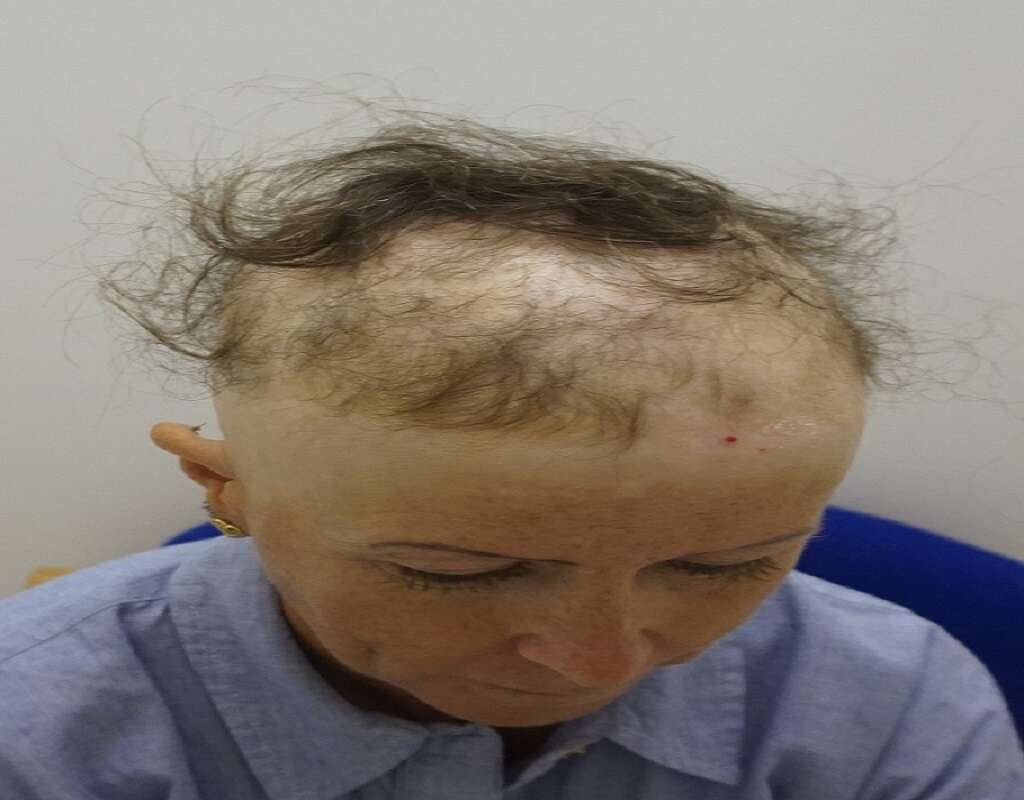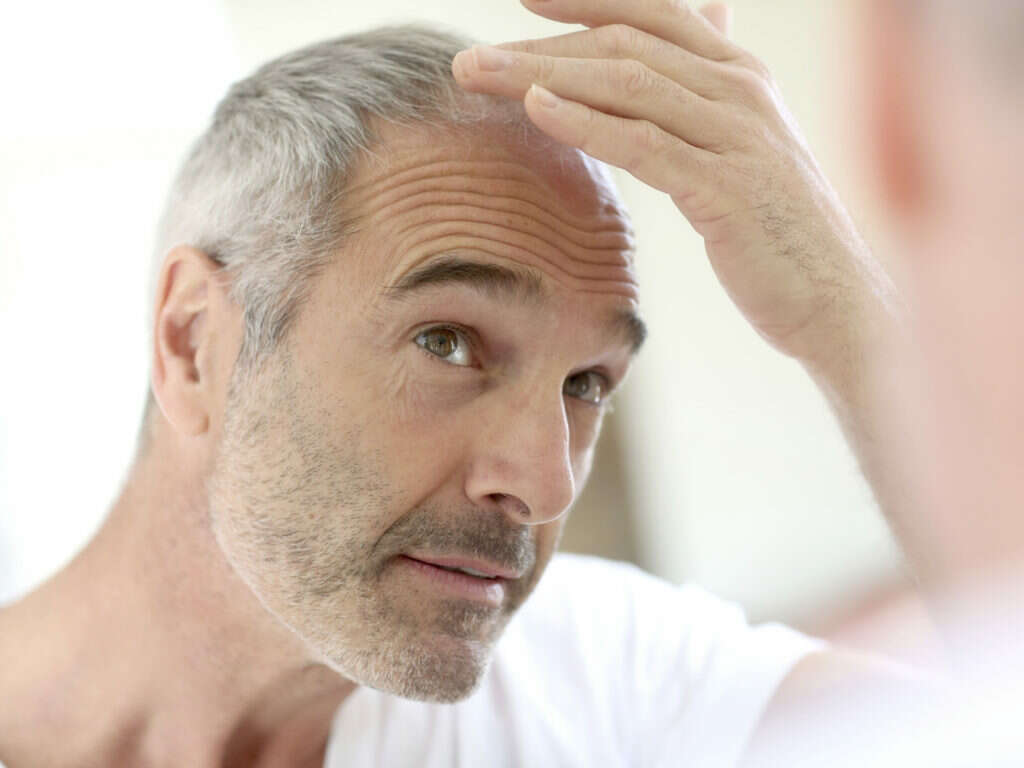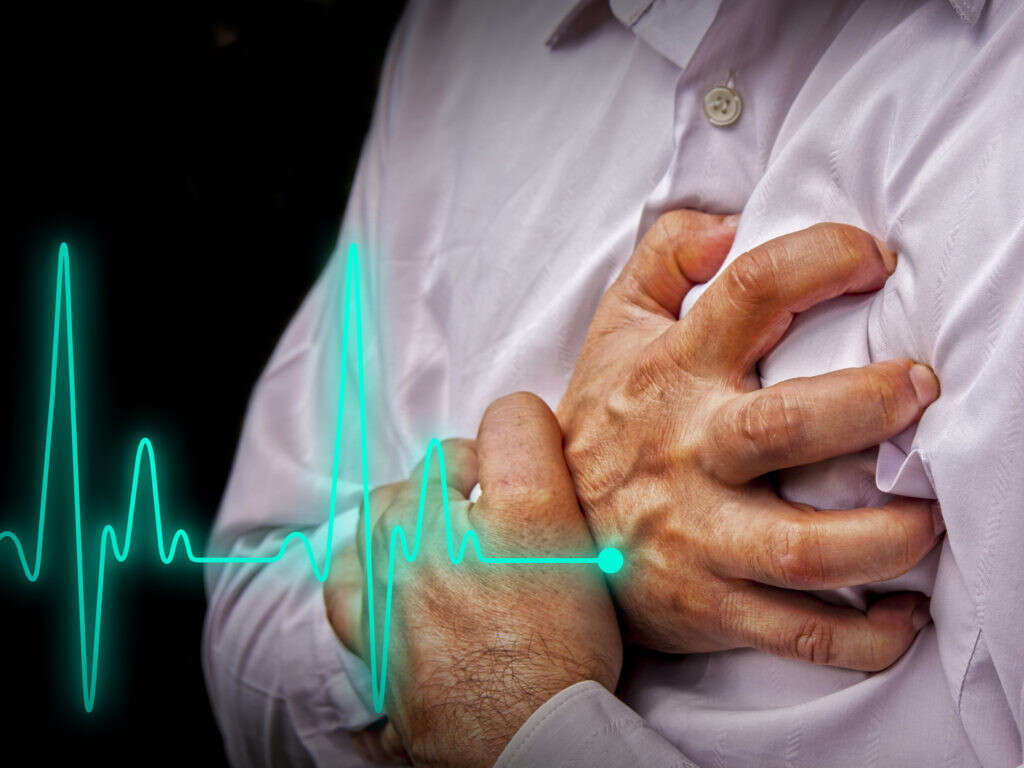10 Radiation Symptoms
 Article Sources
Article Sources
- 1. Lanes, Olivia, and David Cheng. 'Radiation Sickness.' NORD (National Organization for Rare Disorders), 21 July 2015, rarediseases.org/rare-diseases/radiation-sickness/
- 2. 'Radiation Therapy Side Effects.' American Cancer Society | Information and Resources About for Cancer: Breast, Colon, Lung, Prostate, Skin, www.cancer.org/treatment/treatments-and-side-effects/treatment-types/radiation/effects-on-different-parts-of-body.html
- 3. 'Radiation-Induced Vasculopathy.' A Non-Profit Hospital in Los Angeles | Cedars-Sinai, 11 2020, www.cedars-sinai.org/health-library/diseases-and-conditions/r/radiation-induced-vasculopathy.html
- 4. 'Radiation - Radiation Sickness.' Encyclopedia Britannica, www.britannica.com/science/radiation/Radiation-sickness
- 5. Acute Radiation Syndrome. Professor Robert B. Laughlin, Department of Physics, Stanford University, large.stanford.edu/courses/2017/ph241/bae1/
Hair Loss
Radiation therapy can lead to hair loss or alopecia. The hair loss may be limited to the area that receives the radiation, however other courses of cancer management may lead to total hair loss, such as chemotherapy.
Once the radiation therapy is complete, it can take up to three to six months for the hair to grow back. It's not uncommon for the hair to grow back thinner or different texture.2‘Radiation Therapy Side Effects.’ American Cancer Society | Information and Resources About for Cancer: Breast, Colon, Lung, Prostate, Skin, www.cancer.org/treatment/treatments-and-side-effects/treatment-types/radiation/effects-on-different-parts-of-body.html
Advertisement











